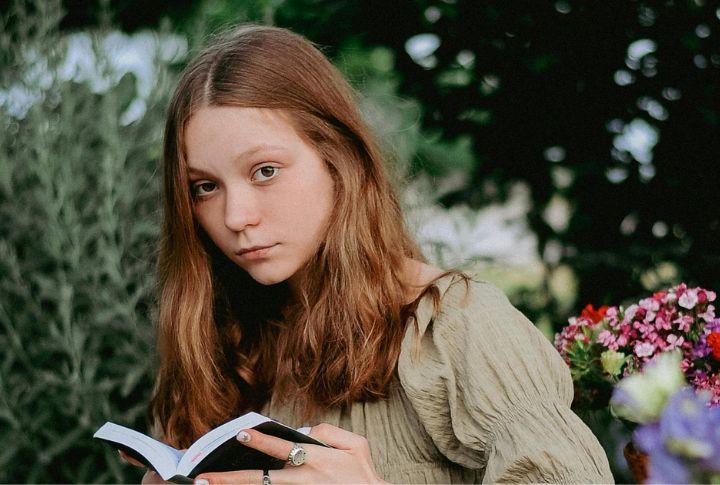
Some books get banned—but never forgotten. Each one carries a voice that authors believe still deserves to be heard. They challenge norms, stir thought, and leave a mark that lasts far beyond the page. If you’ve ever wondered why some stories spark such fierce debate, this is your moment to find out what makes them unforgettable.
To Kill A Mockingbird
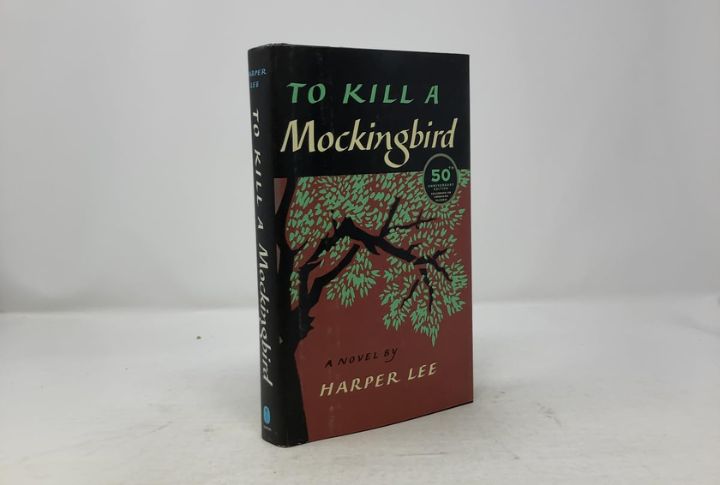
A profound look at Southern prejudice, this Pulitzer winner is a mandatory lesson in standing up for what’s right. The novel presents Atticus Finch, a lawyer who defends a man of African-American origin falsely accused of assault. People have tried to ban it because the book is unflinching about racism, uses strong language, and includes difficult topics like assault. It’s a timeless read about moral bravery.
The Autobiography Of Malcolm X
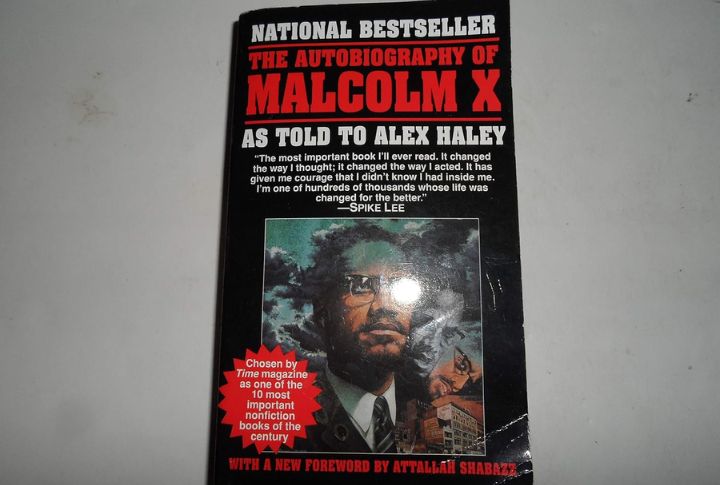
The powerful journey from a life of crime to becoming a leading voice in the Civil Rights Movement is chronicled here. Discover the sheer force of a mind reshaping history. Collaborating with Alex Haley, Malcolm X detailed his vital personal and political evolution. It faces challenges due to its strong anti-establishment stance and revolutionary message.
1984
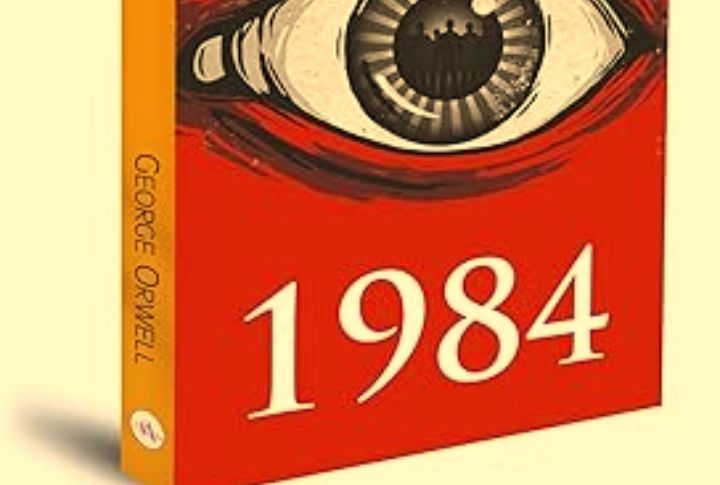
Imagine a world where every thought could betray you. Orwell’s 1984 feels less like fiction and more like a warning label for modern life. When words shrink, so does freedom. No wonder schools still argue about just how uncomfortable it should make readers.
Fahrenheit 451
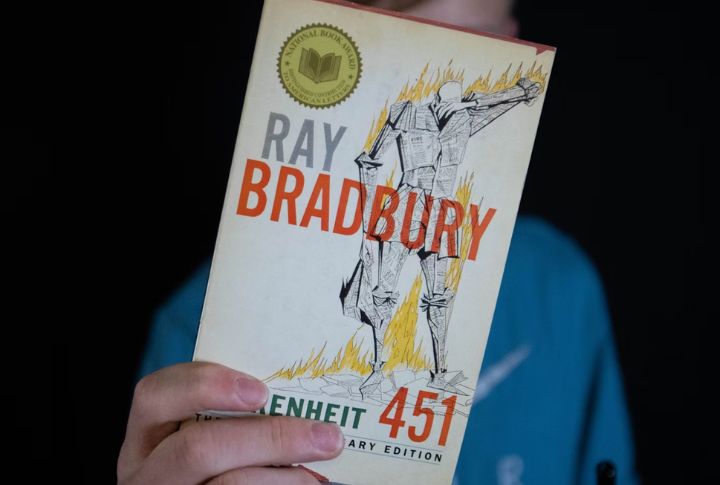
Just imagine a world where the highest calling is the destruction of knowledge. Ray Bradbury imagined firemen whose sole job is to burn books, turning paper to ash at 451 degrees Fahrenheit. Its sharp criticism of authority and its frank language draw frequent challenges. Yet, reading it is an essential reminder to always value knowledge over comfort.
The Handmaid’s Tale
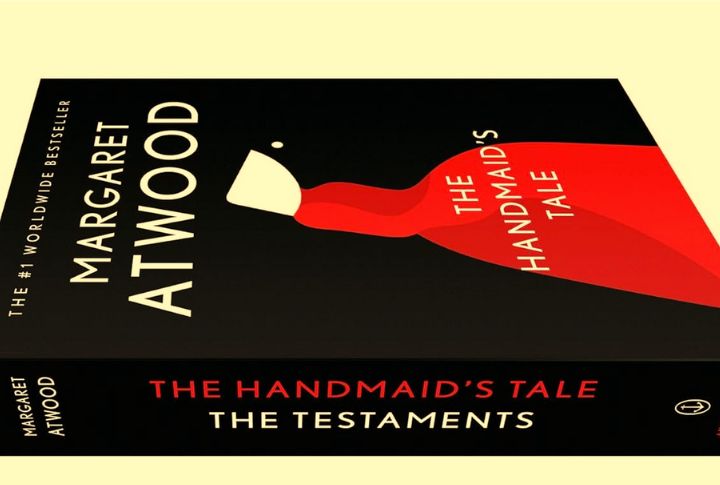
The chilling Republic of Gilead is built on a terrifying premise: every repressive act in the novel has happened somewhere, sometime in history. Margaret Atwood reveals a brutal, near-future dystopia of female oppression. See how close society can come to losing basic rights. Those challenges also cite mature themes and the book’s questioning of religious extremism.
The Bluest Eye
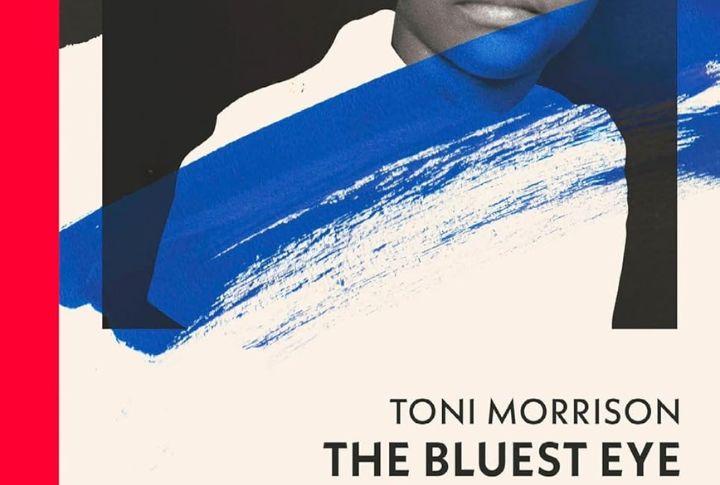
Pecola Breedlove wants something she’ll never have—blue eyes, the kind everyone calls beautiful. Morrison’s first novel doesn’t soften the truth about what that dream costs. Schools still ban it, but its message about self-hate shaped by society hits painfully close to home.
Beloved
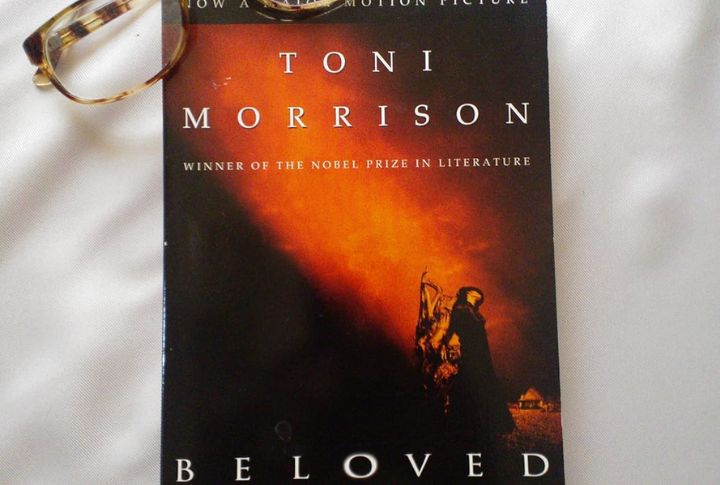
Through Sethe’s fractured memories, Beloved dissects the psychological residue of slavery and motherhood. Morrison employs magical realism to confront historical trauma, merging the supernatural with the painfully real. Censorship attempts often target its raw portrayal of memory and bodily autonomy.
The Color Purple
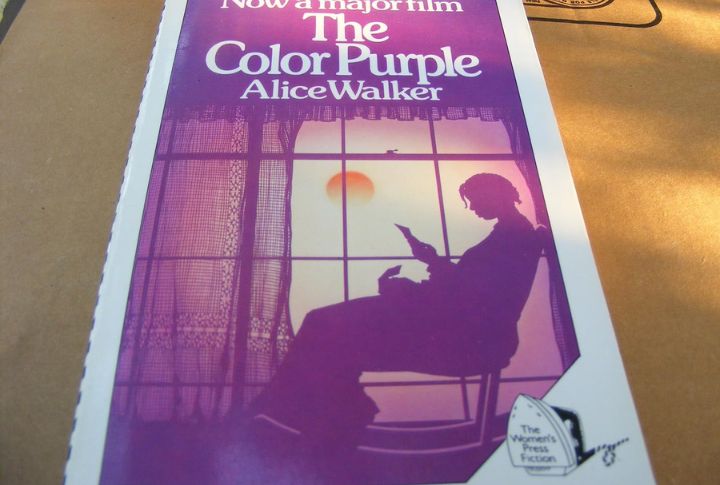
Alice Walker’s The Color Purple follows Celie, a Black woman in the rural American South, as she endures abuse and silence before reclaiming her voice. The novel’s unflinching portrayal of racism, sexism, and spiritual awakening made it a Pulitzer-winning classic—and a frequent target for censorship.
Brave New World
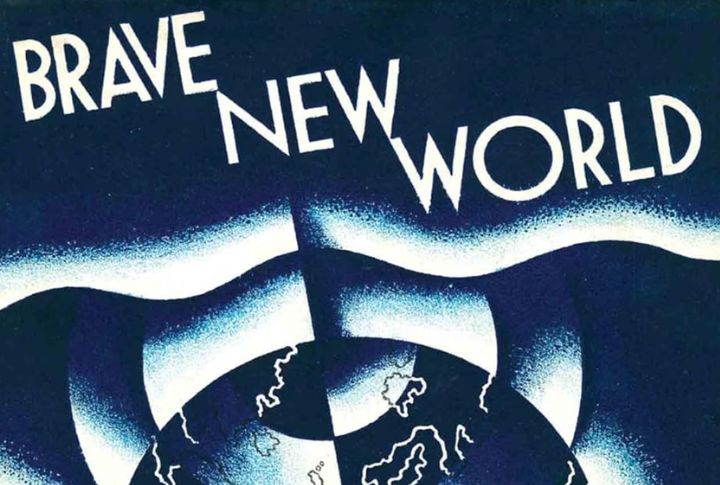
Is life worth living if stability and comfort are achieved by sacrificing individualism? Aldous Huxley’s 1932 vision questions us with a future where technology strictly controls society. It’s controversial for its open discussion of recreational drugs like “Soma,” and its attack on family life. The story makes you wonder if fake happiness is worth losing genuine experience.
Lolita
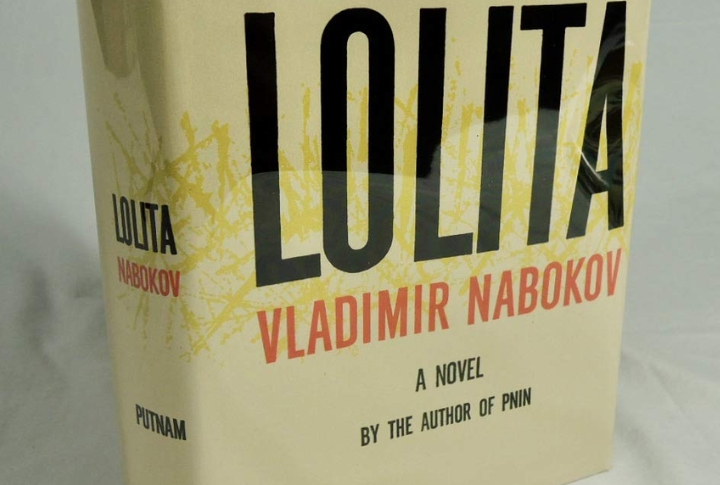
A novel about an utterly disturbing obsession with a minor, yet considered a marvel of English-language prose. Vladimir Nabokov wrote this controversial work, originally in English, not his native Russian. It faces challenges due to its morally reprehensible and explicit subject matter. However, the book will help you understand the line between shocking content and unparalleled narrative brilliance.

